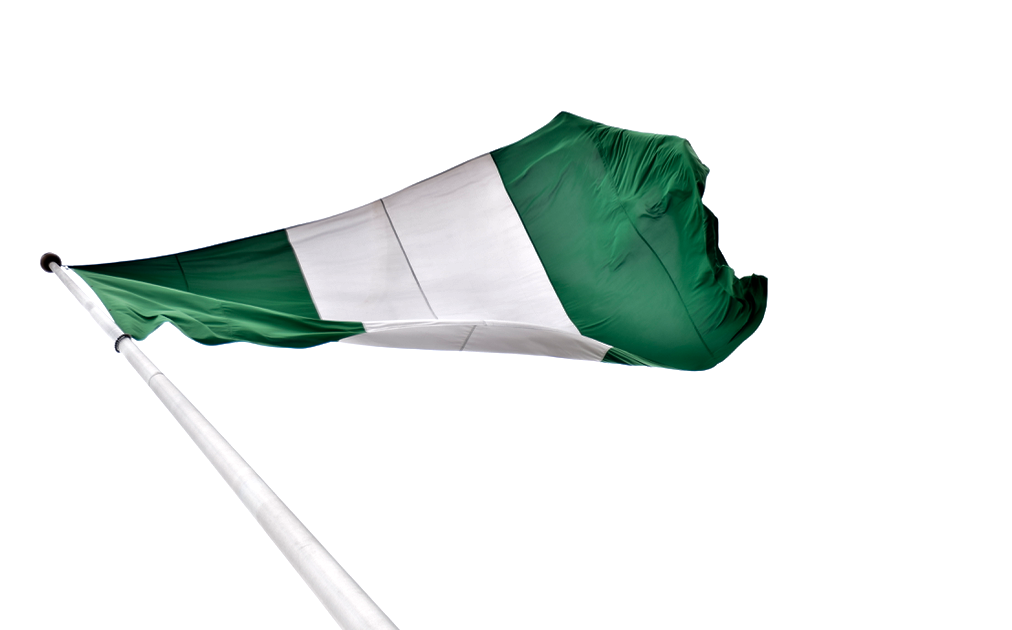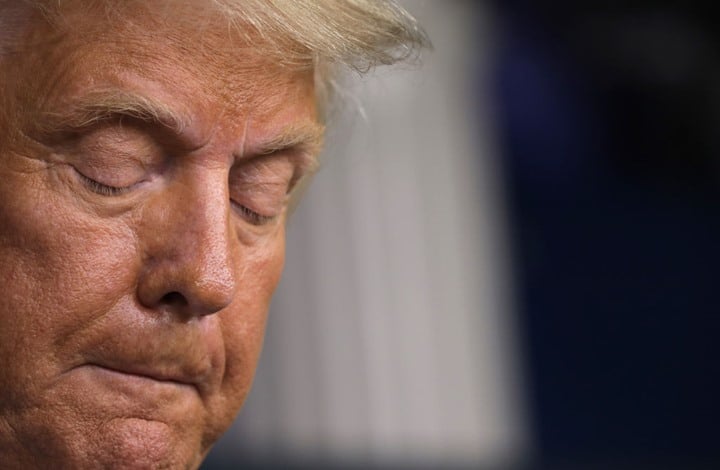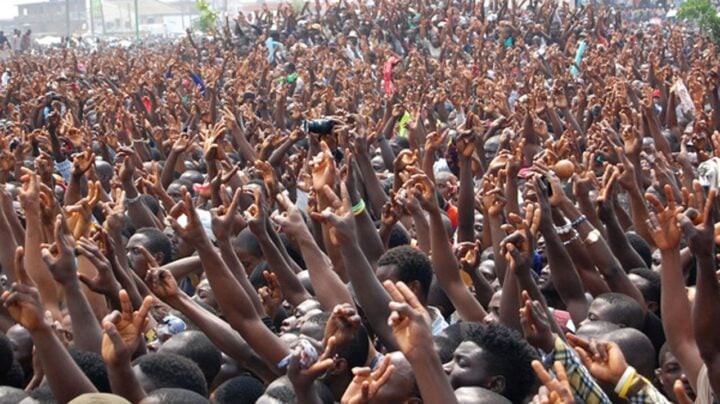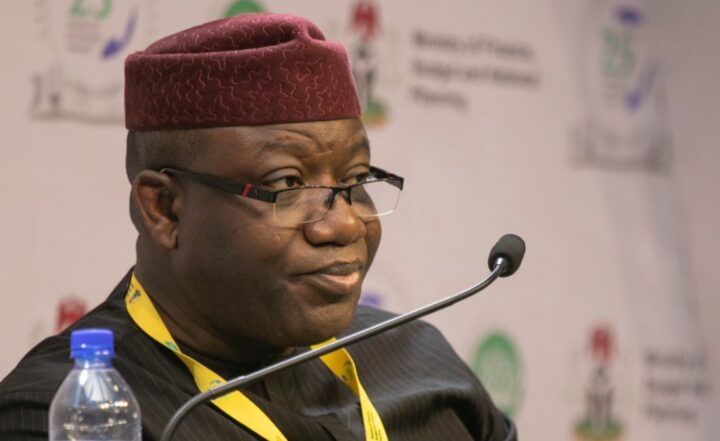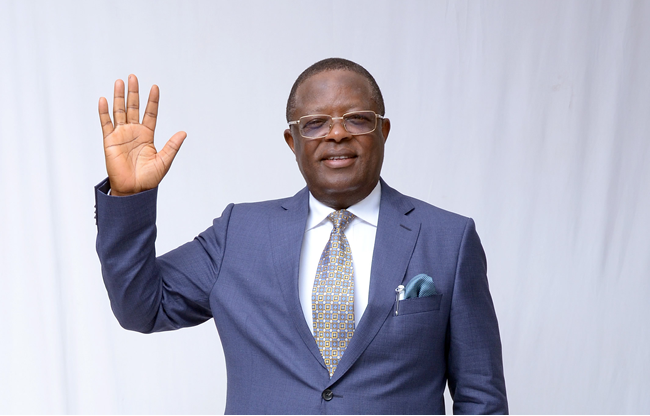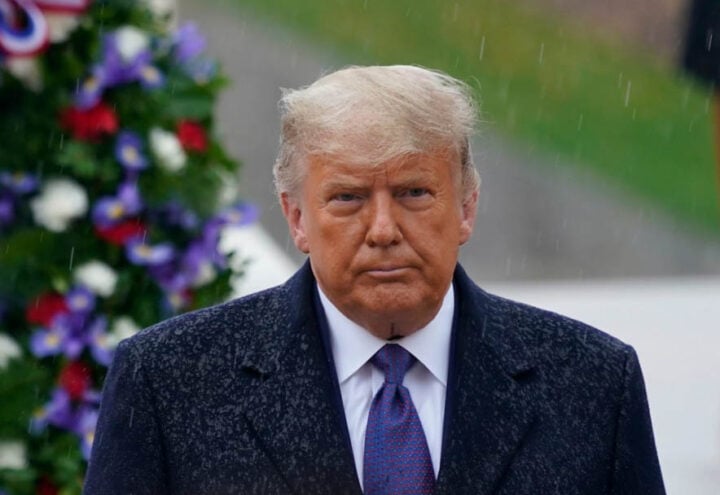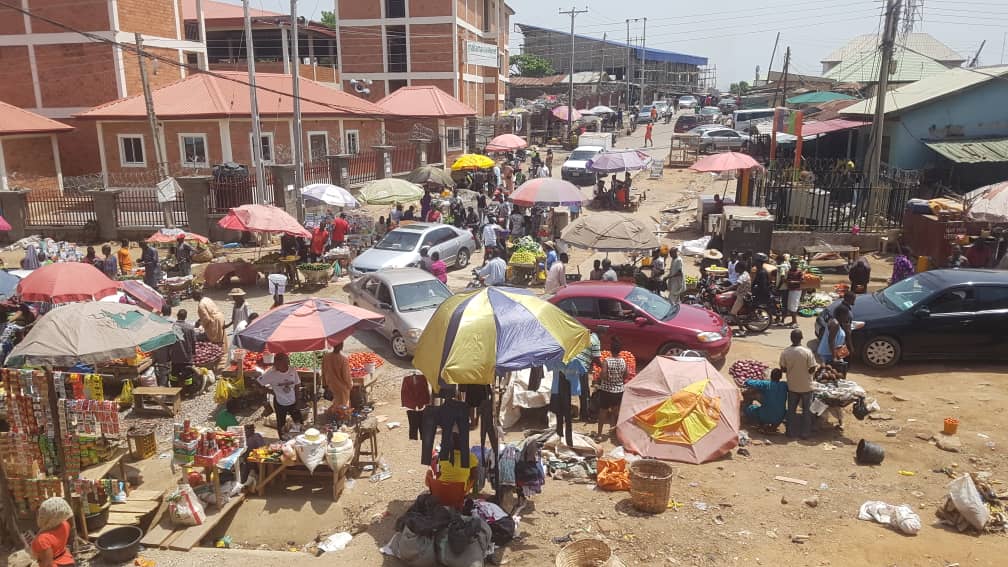In embarking on restructuring, we must as of necessity think out of the box and depart from the template that has been used from the time that Nigeria came under colonial rule to date. From 1865 when the colony of Lagos was created and placed under the Privy Council in England to 1999 when the military midwifed our present constitution after a long period of ruling the country, the underlying theme of our restructuring has been not to foster a sense of inclusion amongst the diverse peoples that make up this country, but to further widen our differences and fault lines.
For the British colonialists, faced with the challenges of administering such a huge, diverse country with very little manpower from England, it made sense to structure their administration effectively through divide and rule. First of all, Lagos a predominantly Yoruba speaking area was created and yanked off from its Yoruba roots and ruled exclusively from England fostering to this day a sense of Lagos separatism from the Yoruba mainland which it belonged.
Then followed the creation of the protectorate of Southern Nigeria encompassing the entire areas of the southern parts of Nigeria into an administrative unit. Then when the Sokoto caliphate was conquered in 1903, another protectorate was created for those areas to the north. Mainly for the fear of inadvertently instigating insurrection among the entire people of this vast conquered area the British to care to keep the two protectorates apart. And administrative exigencies necessitated the merging of the two protectorates in 1914, the British again contrived to keep the natives apart through a series of constitutional gerrymandering right up to independence in 1960.
It is this template of constitutional restructuring based mainly on the need to divide and rule that we have carried over and implemented from independence in 1960 till date. In this regard the creation of the Midwest region in 1963 was an opportunity to use the genuine demands of the minority parts of the Western region for a state of their own, to break and whittle down the power and influence of the Yoruba based opposition Action Group.
Advertisement
The creation of states in 1967 by the military also followed the same pattern. It was principally to break the hold of the major ethnic groups Hausa-Fulani and Igbo on the minorities in the northern and eastern regions respectively. My contention here is that all the restructurings we have had either by way of constitutional cum political restructuring arrangements during colonial rule right up to 1999, or by creation of Midwest region and of states variously right up to the last exercise by the military under General SaniAbacha followed the underlying trajectory of divide and rule. The corollary of this is to bring up elites that champion the politics of ethnic, group, cultural and religious exclusiveness at the expense of national cohesion, focus and advancement. Years of practising the politics of mutual exclusion, divide and rule has stretched us to this breaking point where seemingly the only option left for us is to break up the country. All the solutions being canvassed as the panacea for the identified structural issues in the country currently, be they a return to the first republic style federal structure, fiscal federalism, confederation, autonomy, self-determination or referendum apart from being out of touch with current realities are actually recipes for eventual disintegration of the country with all the attendant consequences.
If restructuring the country from its current state is the only solution left to prevent Nigeria from this uncertain fate then the next restructuring must break from the mould of divide and rule of the past if we are to make any meaning of the exercise as desired. The basic principle of the next restructuring should be to centre on the inclusion, citizenship and development of the individual Nigerian regardless of his ethnicity and religious persuasion. In other words citizenship rather than ethnicity and religious faith should not be the definition of a Nigerian and what is due him by the state. This is necessary because about two-thirds of the demographic make-up of this country is constituted by persons who have been acculturated and have imbibed the cross cultural currents of the diversity of Nigerian life through a variety of interactive ways and means.
It is this Nigerian that the next restructuring should focus on to provide him with a sense of belonging, and an enabling environment to pursue and exhibit his talent for the greater good of Nigeria. As long as he is legally defined as a Nigerian his inclusion in all things must be recognized and guaranteed at all times anywhere he may reside, work and find himself in the country. He must be legally and constitutionally guaranteed to be included in all civil activities in this vast country.
Advertisement
His citizenship must be a given. As a bona fide Nigerian his right to citizenship must not be tied to a particular state of origin defined in terms of ethnicity or religion. A definition of citizenship must be flexible enough to allow any Nigerian of whatever ethnicity, religion and origin to claim citizenship of any of the states of the federation and accorded the full rights thereof in terms of residence, work, marriage and any such legally recognised pursuit and endeavour.
As a citizen, he must be made to feel that the state has his back wherever he may be and the full resources of the state will be committed to his welfare and protection if his rights are restricted or the security of his life is threatened anywhere.
The state must also be resolutely committed to his personal development. In this regard the state must recognise and consider that the individual is the basic unit in the chain of national development. The individual Nigerian must be constitutionally accorded the opportunities from birth to death for personal development that would unlock his God given talent and potential, for the overall development of the country.
The question to ask is that is this doable or as some would to dismiss it, that is some utopian pipe dream that will never happen in Nigeria. And if it is possible for this to happen in Nigeria how can it be done?
Advertisement
Views expressed by contributors are strictly personal and not of TheCable.
Add a comment

